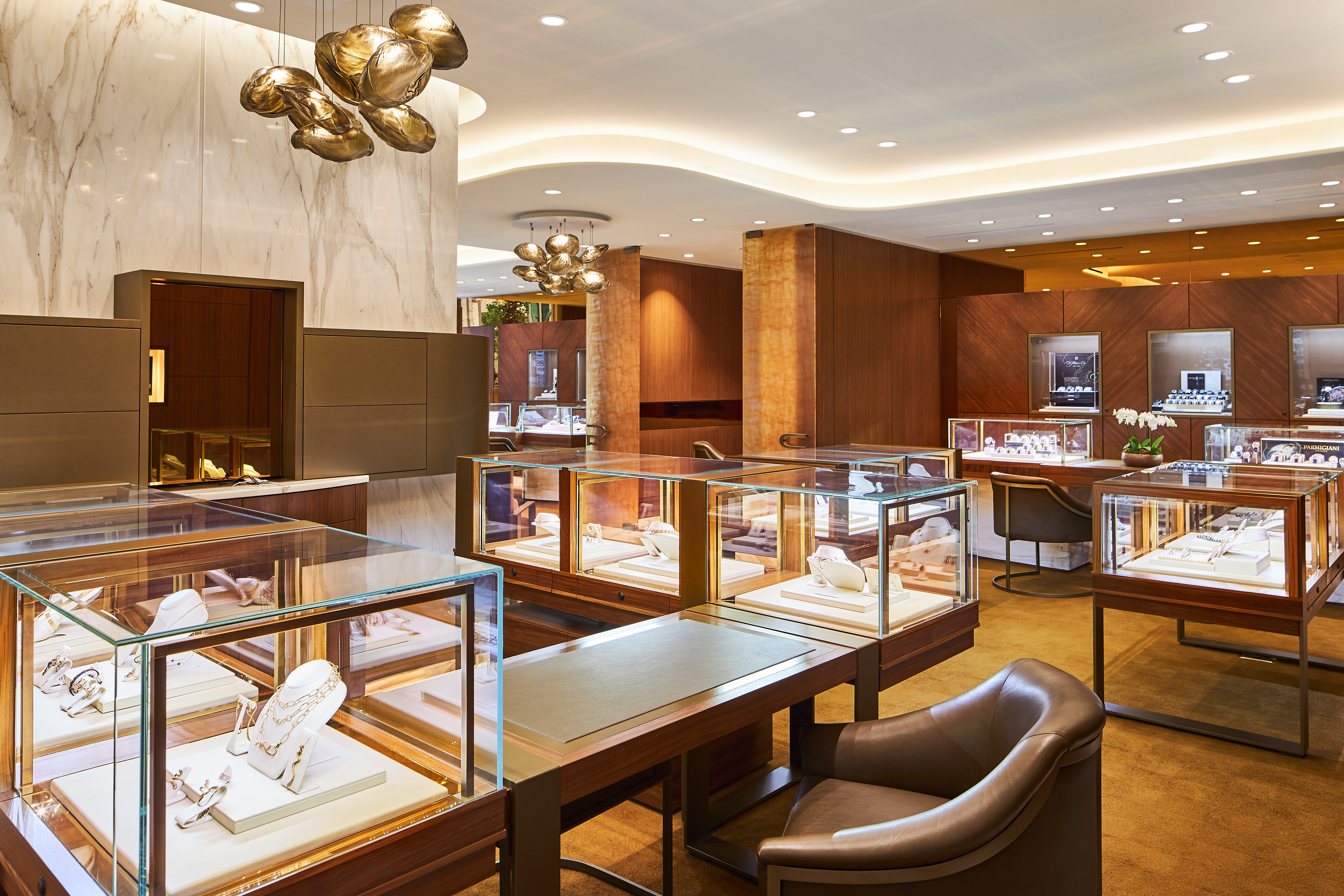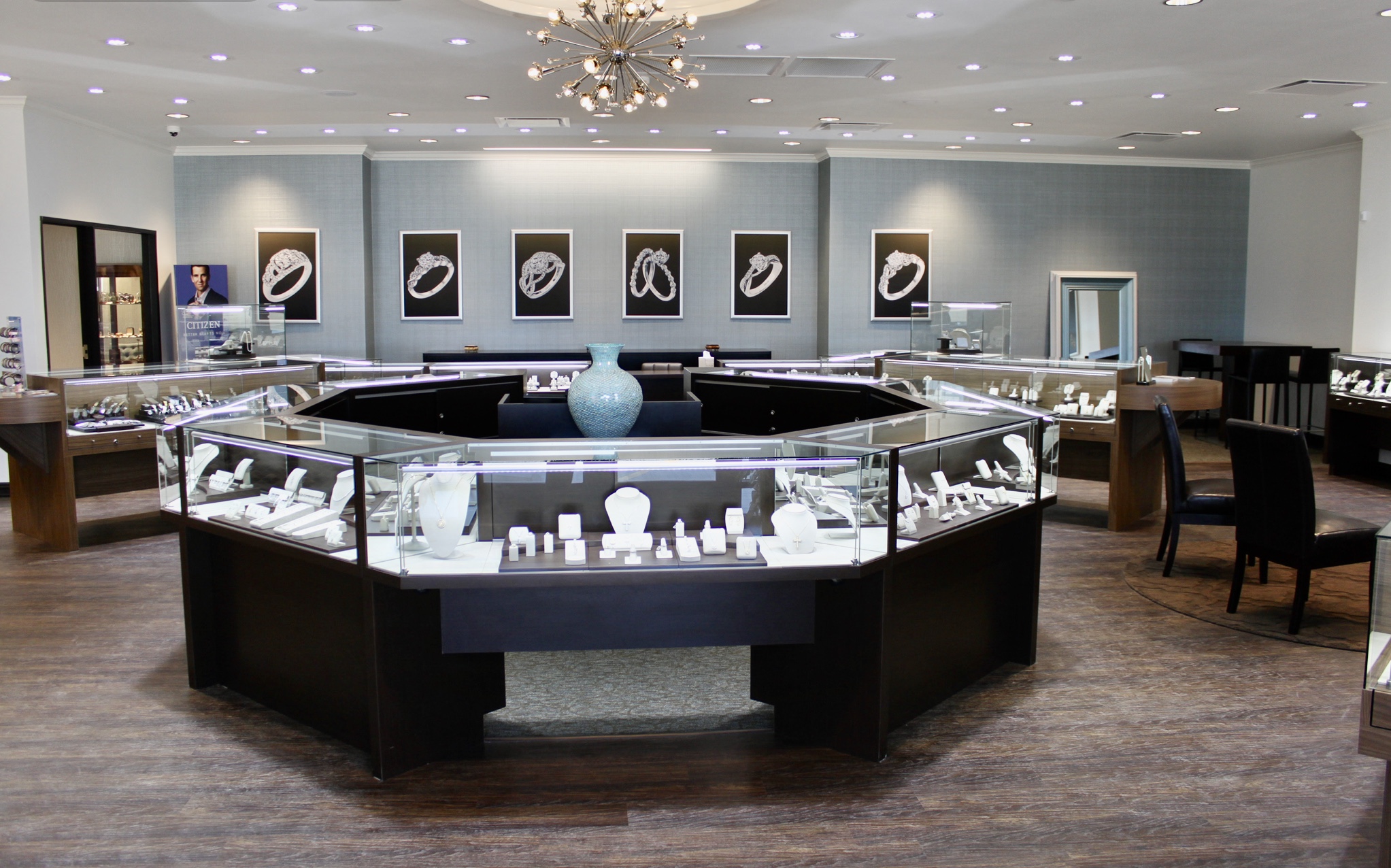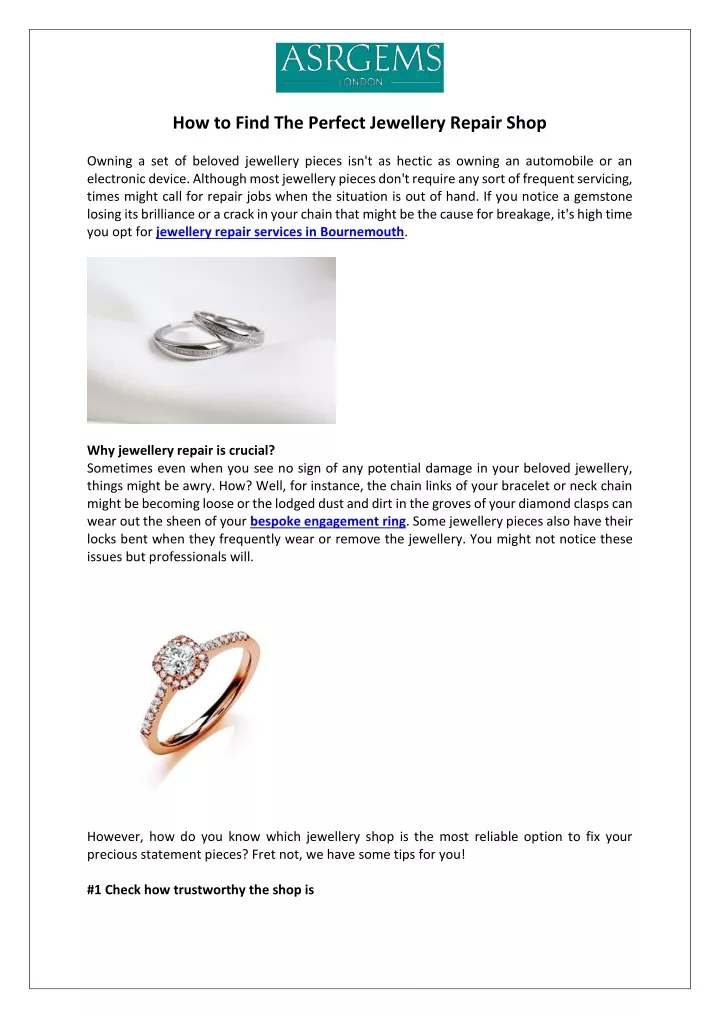A Guide to Finding the Perfect Jewelry Shop in Your Neighborhood
Related Articles: A Guide to Finding the Perfect Jewelry Shop in Your Neighborhood
Introduction
With great pleasure, we will explore the intriguing topic related to A Guide to Finding the Perfect Jewelry Shop in Your Neighborhood. Let’s weave interesting information and offer fresh perspectives to the readers.
Table of Content
A Guide to Finding the Perfect Jewelry Shop in Your Neighborhood

Jewelry holds a special place in our lives, often symbolizing love, commitment, celebration, or simply personal style. It’s an art form that transcends generations, adding a touch of elegance and meaning to every occasion. When seeking the ideal piece of jewelry, the search often begins with a simple question: "Where can I find a good jewelry shop near me?" This guide aims to provide a comprehensive understanding of the jewelry shopping experience, from identifying the right store to making informed decisions.
Understanding the Landscape of Local Jewelry Shops
The world of jewelry retail encompasses a diverse range of stores, each catering to specific tastes and budgets. From independent boutiques showcasing handcrafted pieces to large chain stores offering a wide variety of options, the choice can seem overwhelming. To navigate this landscape effectively, it’s essential to consider the following factors:
1. Types of Jewelry Shops:
- Independent Boutiques: These shops often feature unique designs and artisanal craftsmanship, offering a curated selection of pieces that stand out from the mainstream. They may specialize in specific types of jewelry, such as vintage, antique, or handcrafted pieces.
- Chain Stores: These stores offer a standardized experience across multiple locations, providing a wide range of jewelry styles and price points. They may have established reputations for quality and reliability.
- Department Stores: Many department stores have dedicated jewelry sections, offering a mix of designer brands and in-house collections. They often provide a wider range of options, from everyday wear to high-end pieces.
- Online Retailers: The rise of online shopping has provided convenient access to a vast array of jewelry options, often at competitive prices. While online retailers offer convenience, it’s important to consider factors like return policies, shipping costs, and authenticity before making a purchase.
2. Specializations and Expertise:
- Engagement Rings and Wedding Bands: Some jewelers specialize in creating custom engagement rings and wedding bands, offering a personalized experience and expert guidance.
- Fine Jewelry: These shops focus on high-quality, precious metals and gemstones, catering to discerning customers seeking investment-worthy pieces.
- Costume Jewelry: Stores specializing in costume jewelry offer affordable and trendy options for everyday wear or special occasions.
- Repair and Restoration: Some jewelers offer repair and restoration services for damaged or outdated jewelry, breathing new life into cherished pieces.
3. Location and Accessibility:
- Neighborhood Jewelers: Local shops offer personalized service and a familiar environment, often becoming trusted sources for jewelry needs.
- Shopping Malls: Malls provide a convenient location to browse multiple jewelry stores under one roof.
- Downtown Areas: City centers often house high-end jewelry boutiques and designer showrooms, offering a curated selection of luxury pieces.
Finding the Right Jewelry Shop for Your Needs:
Once you have a clearer understanding of the different types of jewelry shops, the next step is to identify the best option for your specific needs. Consider the following factors:
- Budget: Establish a budget before you start shopping to ensure you stay within your financial constraints.
- Style: Determine your preferred style, whether it’s classic, modern, vintage, or bohemian.
- Occasion: The occasion for which you’re buying jewelry will influence your choices.
- Metal and Gemstones: Familiarize yourself with different metals, like gold, silver, platinum, and gemstones, to understand their properties and values.
- Customer Service: Look for shops that provide excellent customer service, including personalized recommendations and knowledgeable staff.
Tips for Choosing a Jewelry Shop:
- Read Reviews: Online reviews and customer testimonials can provide valuable insights into the reputation and quality of a jewelry shop.
- Compare Prices: Don’t hesitate to compare prices from different stores to ensure you’re getting the best value for your money.
- Ask Questions: Don’t be afraid to ask questions about the jewelry, the store’s policies, and their expertise.
- Request Certifications: For precious metals and gemstones, ask for certificates of authenticity and origin.
- Check the Return Policy: Familiarize yourself with the store’s return policy before making a purchase.
- Consider Insurance: If you’re investing in a valuable piece of jewelry, consider insuring it against loss or damage.
Frequently Asked Questions (FAQs) about Jewelry Shops:
1. What is the difference between 10K, 14K, and 18K gold?
The karat (K) rating indicates the percentage of pure gold in an alloy. 10K gold contains 41.7% pure gold, 14K gold contains 58.3% pure gold, and 18K gold contains 75% pure gold. Higher karat gold is generally more expensive but also softer and more prone to scratching.
2. What are the different types of gemstones?
Gemstones are classified based on their chemical composition, crystal structure, and optical properties. Some common types include diamonds, sapphires, rubies, emeralds, pearls, and opals. Each gemstone has unique characteristics and values.
3. How do I know if a diamond is real?
A reputable jeweler will provide a diamond grading report from a reputable laboratory, such as the Gemological Institute of America (GIA). The report will include information about the diamond’s cut, clarity, color, and carat weight.
4. What is the best way to clean my jewelry?
The best cleaning method depends on the type of jewelry. For most metals, a mild soap and water solution is sufficient. For gemstones, consult a jeweler for specific cleaning recommendations.
5. How do I know if a piece of jewelry is vintage or antique?
Vintage jewelry typically refers to pieces from the 1920s to the 1980s, while antique jewelry is generally considered to be at least 100 years old.
Conclusion:
Finding the perfect jewelry shop near you involves a combination of research, consideration, and trust. By understanding the diverse landscape of jewelry retailers, considering your specific needs, and utilizing the tips provided, you can navigate the shopping experience confidently and discover a piece of jewelry that reflects your unique style and brings joy for years to come. Whether you’re searching for a special gift, a timeless heirloom, or a statement piece to express your individuality, a local jewelry shop can be a valuable resource for fulfilling your jewelry aspirations.








Closure
Thus, we hope this article has provided valuable insights into A Guide to Finding the Perfect Jewelry Shop in Your Neighborhood. We appreciate your attention to our article. See you in our next article!